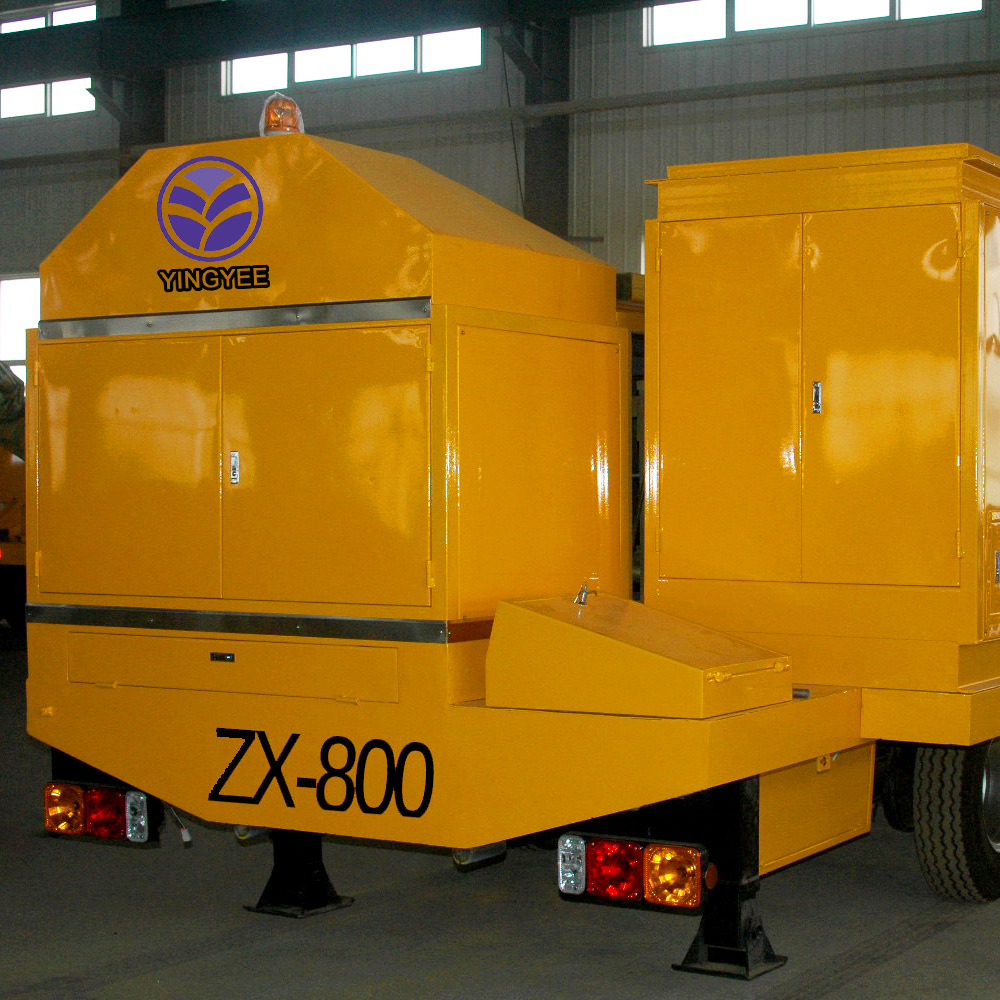
The Importance of Supermarket Shelf Back Panels and Deck Panel Roll Forming Machines
In the modern retail landscape, supermarkets face increasing demands for efficient storage solutions and display visibility that enhance the shopping experience. One of the key elements in achieving this is the effective use of shelf back panels and deck panels. These components play a vital role in displaying products attractively and optimizing retail spaces. This article delves into the significance of supermarket shelf back panels and deck panel roll forming machines, exploring their functionality, benefits, and advancements in technology.
What are Shelf Back Panels and Deck Panels?
Shelf back panels serve as the rear boundary of supermarket shelving units, ensuring that products are displayed securely while maintaining an organized aesthetic. They offer structural support, preventing items from falling and facilitating easier stock management. On the other hand, deck panels are the horizontal surfaces that hold merchandise, providing a stable base for products and promoting visibility from various angles. Together, these components enhance the overall functionality and appeal of supermarket displays.
Role of Roll Forming Machines
The production of shelf back panels and deck panels has become increasingly efficient with the advent of roll forming technology. Roll forming machines are specialized equipment designed to create metal components by continuously shaping a metal strip into the desired profile through a series of rollers. This process allows for the mass production of uniform and high-quality panels that meet the rigorous demands of retail environments.
Benefits of Roll Formed Panels
1. Cost Efficiency Roll forming is a cost-effective manufacturing process, particularly for high-volume production runs. It minimizes waste material and reduces labor costs, making it an attractive option for manufacturers looking to provide competitive pricing to retailers.
2. Versatility Roll forming machines can produce a variety of panel profiles suitable for diverse retail needs. Whether for aesthetic purposes, structural integrity, or easy installation, these machines can adapt to create different designs that cater to specific supermarkets' branding and functional requirements.
3. Durability and Strength The use of high-strength materials in roll forming ensures that the resulting panels are robust and long-lasting. Supermarkets often deal with the constant movement of products and the potential for damage, making durability a key factor in shelf design. Roll-formed panels withstand these challenges, ensuring that they maintain their functionality over time.

4. Customizability Advanced roll forming technology allows for customized designs that align with unique retail themes and layouts. Supermarkets can opt for panels with specific colors, textures, and finishes that enhance their branding and create a welcoming shopping atmosphere.
Technological Advancements in Roll Forming
The industry has seen several technological advancements in roll forming machines, increasing their efficiency and capability. Many modern machines are equipped with computer numerical control (CNC) systems that facilitate precision and consistency in production. Automated setups enable manufacturers to achieve high production rates with minimal manual intervention.
Moreover, innovations in materials, including lightweight composites and environmentally friendly options, have expanded the possibilities for shelf back and deck panel designs. Manufacturers can now offer sustainable solutions that appeal to the growing consumer base prioritizing eco-conscious products.
Future Trends in Supermarket Shelving
Looking ahead, the future of supermarket shelving solutions, including shelf back and deck panels, appears promising. As supermarkets continue to adapt to changing consumer preferences and technological innovations, the roll forming process will likely evolve further. Integration with smart technology, such as digital displays and inventory management systems, may transform traditional shelving into interactive platforms that enhance consumer engagement.
Additionally, the growing emphasis on sustainability could drive demand for recyclable and biodegradable materials in the production of supermarket panels. As consumers become more environmentally aware, retailers will need to respond by adopting greener practices in their operations.
Conclusion
In conclusion, supermarket shelf back panels and deck panels, produced through advanced roll forming techniques, are essential components of an effective retail environment. Their role in product display, structural integrity, and aesthetic appeal significantly influences the shopping experience. As technological advancements and sustainability considerations shape the industry’s future, the importance of efficient manufacturing processes like roll forming will continue to grow, ensuring that supermarkets can meet evolving consumer expectations. Through innovation and adaptability, the retail sector can enhance its offerings, making the shopping experience more enjoyable and efficient for everyone involved.